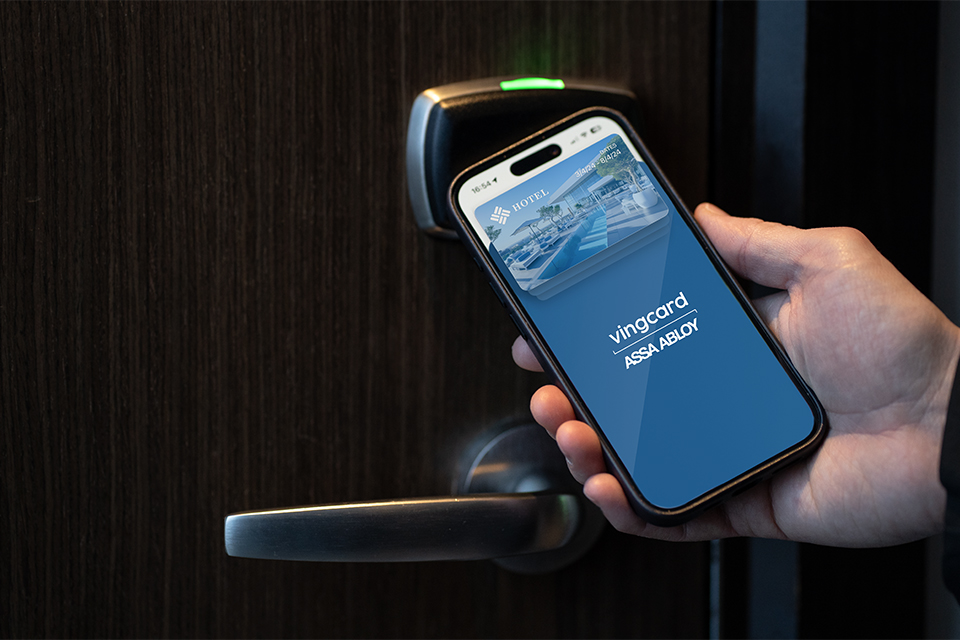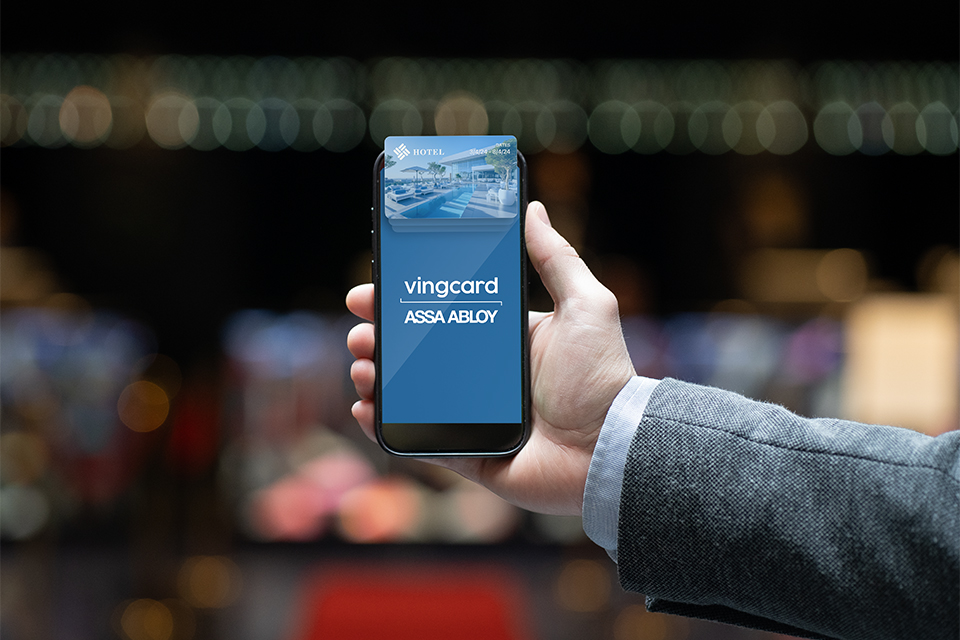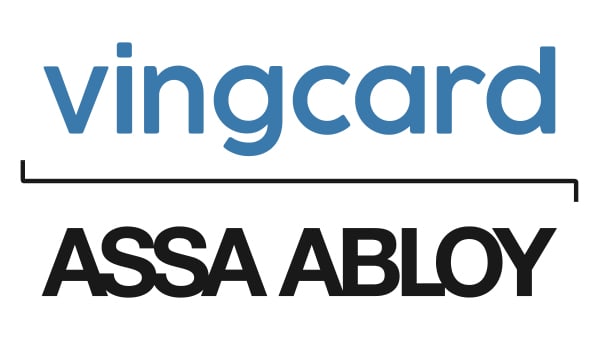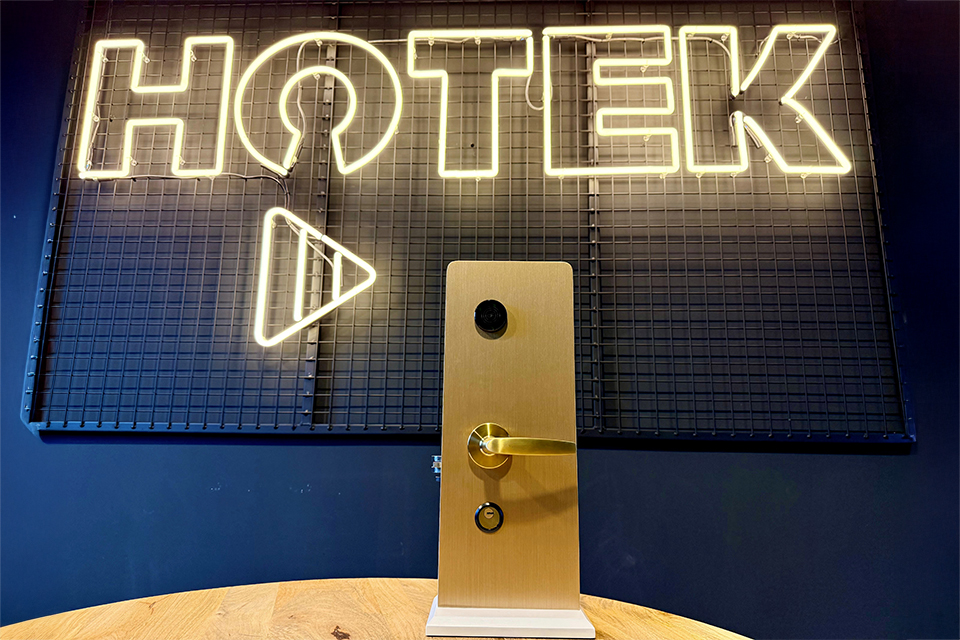
5 ways technology is transforming the hotel guest experience
Research shows guests want to be helped by AI
Imagine walking into a hotel after a long journey. No queues, no paperwork, no waiting. Your phone vibrates: your room is ready, your key is digital and inside, the thermostat is already set to the perfect temperature. Travellers today not only appreciate this kind of convenience, they expect it.
Research shows that 80 per cent of guests are looking for accommodations with digital keys, 69 per cent prefer smart rooms, and 58 per cent believe AI can substantially improve their stay (source: 2025 State of Guest Tech Report).
In this article, we explore the key ways technology is changing the guest experience and how forward-thinking hoteliers are leveraging it to stay competitive in a digital world.

Mobile access
Today's guests want speed and autonomy. Mobile check-in, self-service kiosks and contactless access are fast becoming the norm, with two-thirds of guests actively searching for hotels offering digital keys. Solutions like Wallet Keys allow guests to securely store their room keys in digital wallets and gain access with a single tap; without installing apps or queuing. This not only increases convenience for guests, but also lowers the cost of plastic keycards, reduces crowding in the lobby and gives staff room for more personalised service.
Smart rooms
From voice-activated lighting to app-based climate control, in-room technology is now essential. Integrated with property management systems, smart devices can detect when a guest enters the room and automatically adjust temperature, lighting and even TV content according to personal preferences. Virtual assistants act as concierges available day and night: answering questions, placing room service orders and making recommendations. At the same time, they reduce the workload for staff. Location-aware services are another emerging trend. Beacons and GPS technology can trigger personalised promotions when guests walk past the spa, restaurant or pool, and allow task allocation to be linked to staff location for timely delivery.
AI-driven personalisation
With 81 per cent of travellers wanting personalised recommendations, AI is becoming a crucial differentiator. Machine-learning tools analyse guest data; from previous bookings to loyalty activities; to predict needs and tailor offers. Think dinner arrangements for families, meeting rooms for business travellers or special amenities for returning guests. Research shows that effective use of big data can increase revenue per room by up to 5 per cent.
Smart monitoring
Guest-focused technology is not the only change. Behind the scenes, iot sensors and smart energy systems are helping hotels operate more sustainably and reduce costs. Automatic climate and lighting adjustments in empty rooms can save a 200-room hotel more than $20,000 a year. Real-time occupancy data helps prioritise cleaning tasks, and asset-tracking tags save time in retrieving equipment and facilities.
Secure, streamlined check-in with digital ID and biometrics
Digital ID and biometric authentication offer guests fast, paperless check-in and reduce the risk of fraud by up to 49 per cent. Integrated with mobile keys and pms systems, biometric solutions enable smooth, secure travel from arrival to departure.
Guest expectations are evolving rapidly. The hotels that follow through do not see smart technology as an extra, but as a natural part of the guest experience. With innovations such as mobile keys, AI-driven personalisation and intelligent energy management, they enhance both guest satisfaction and hotel profitability.
Heeft u vragen over dit artikel, project of product?
Neem dan rechtstreeks contact op met Vingcard ASSA ABLOY.
 Contact opnemen
Contact opnemen


